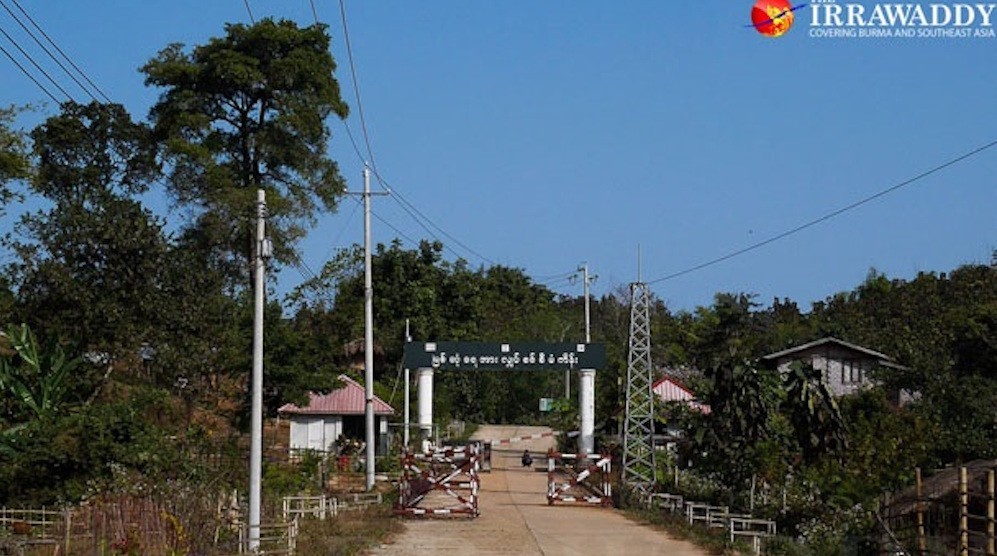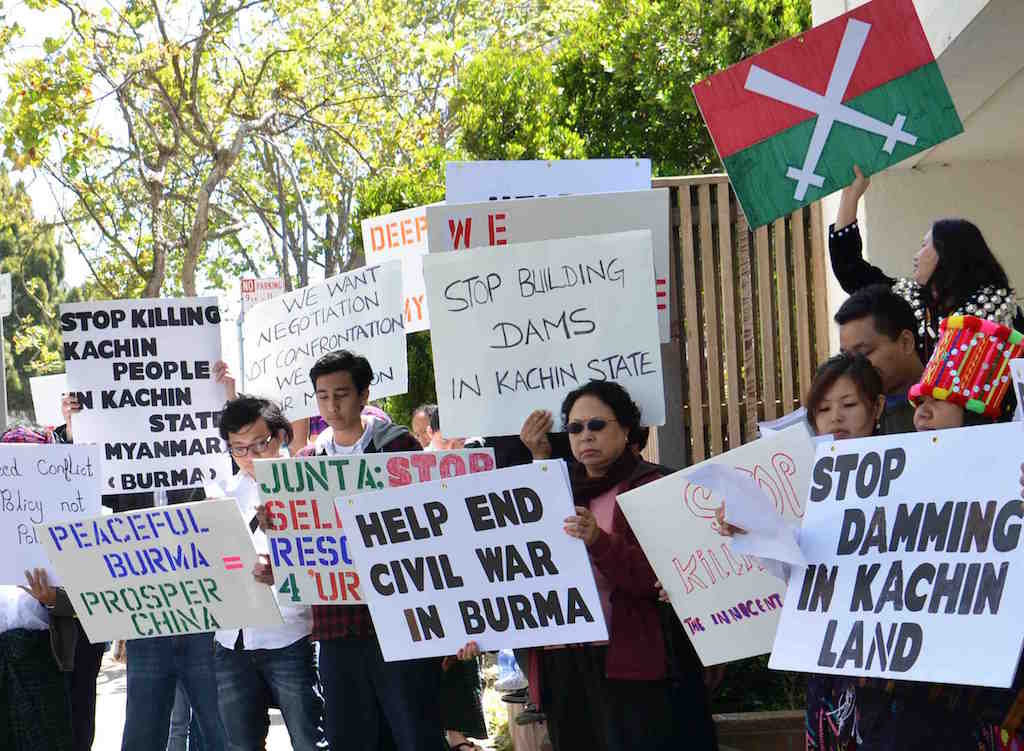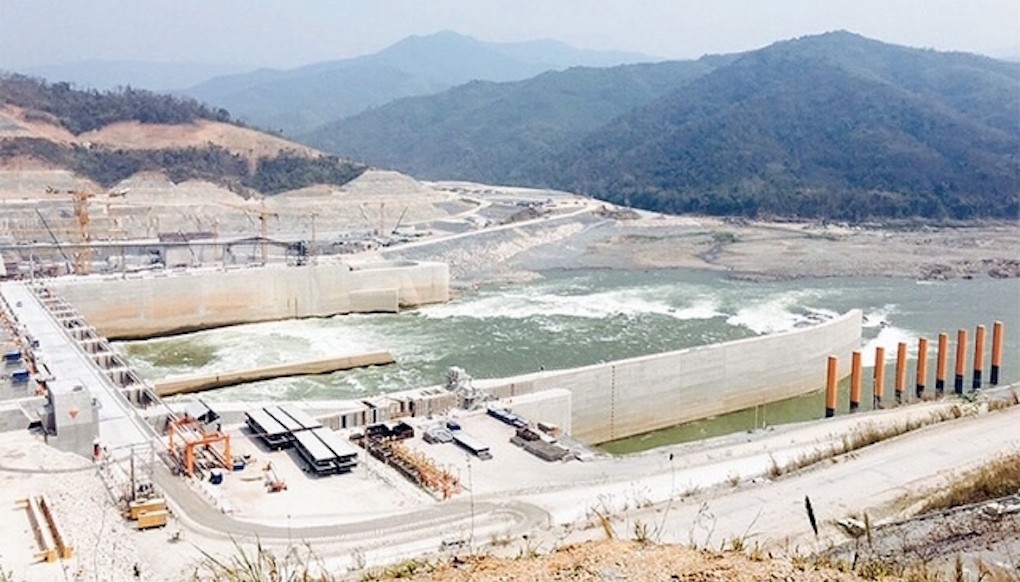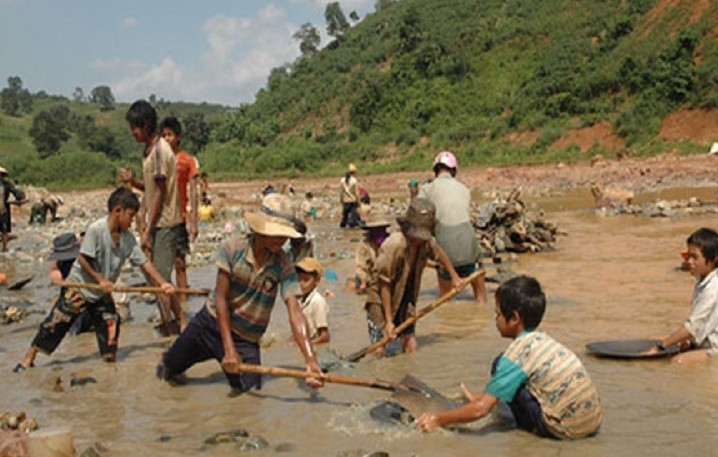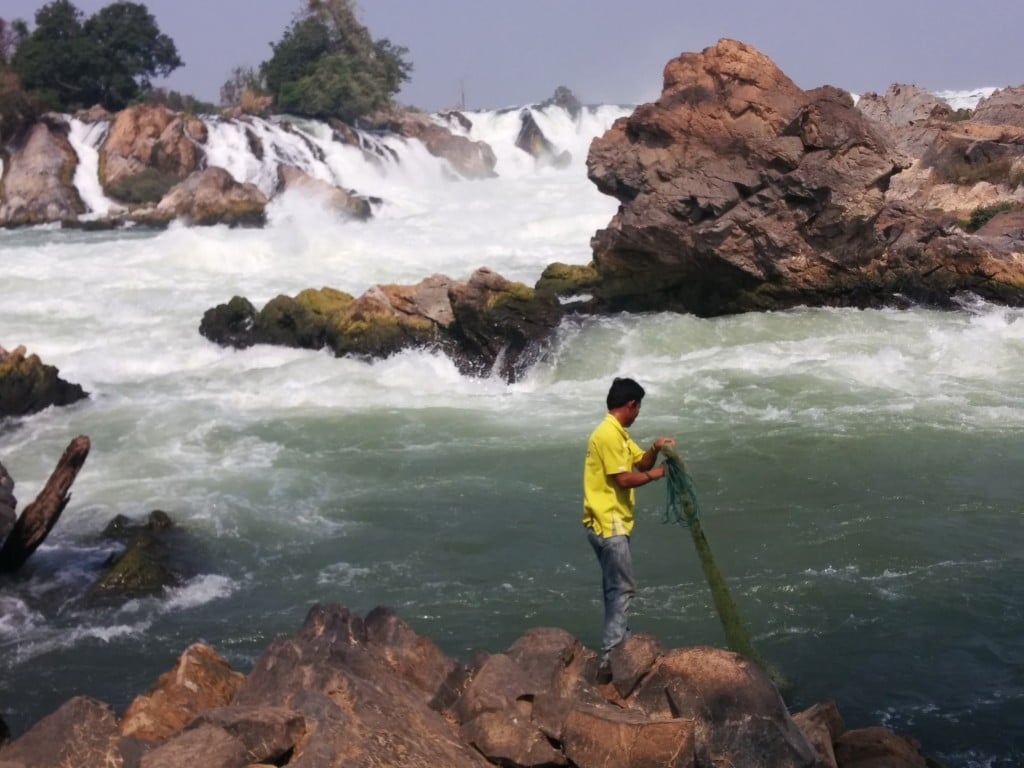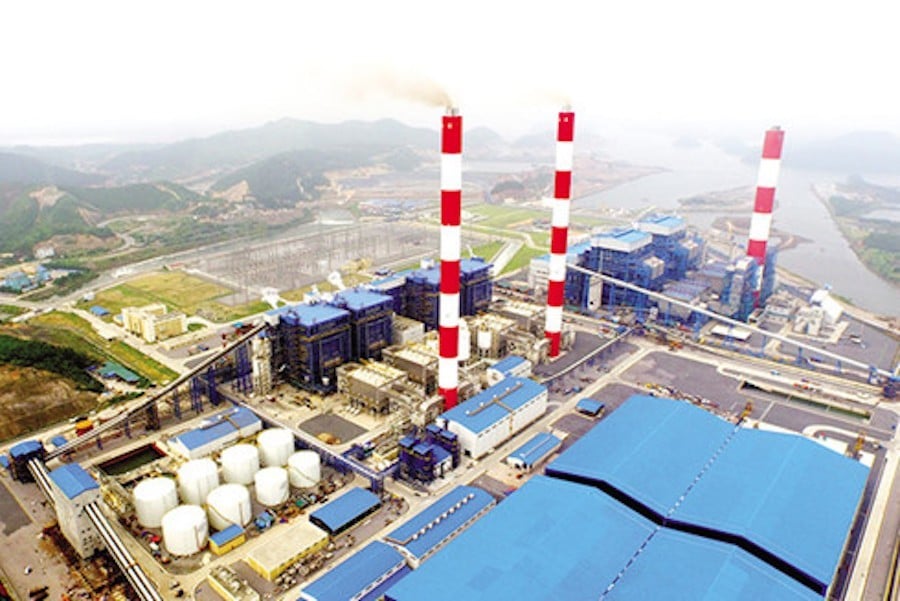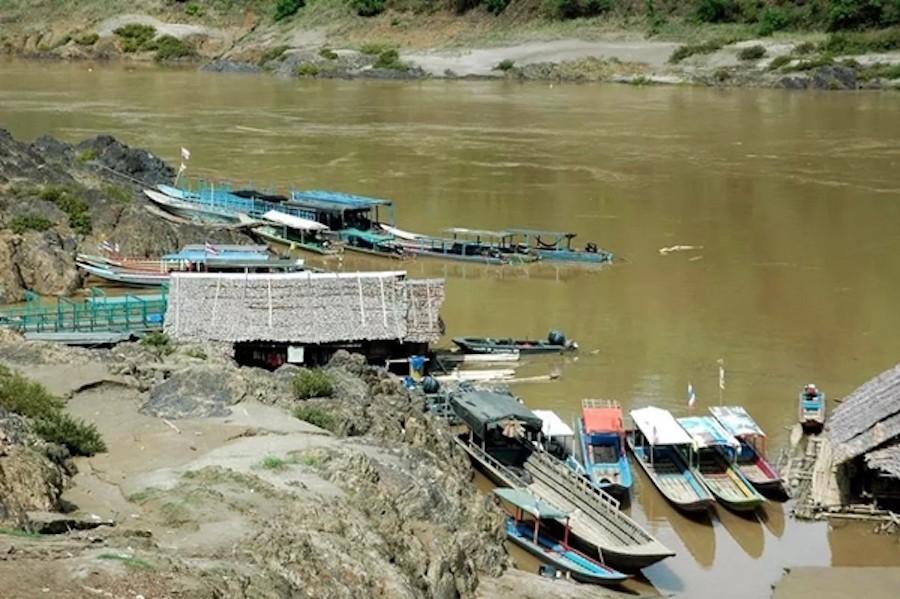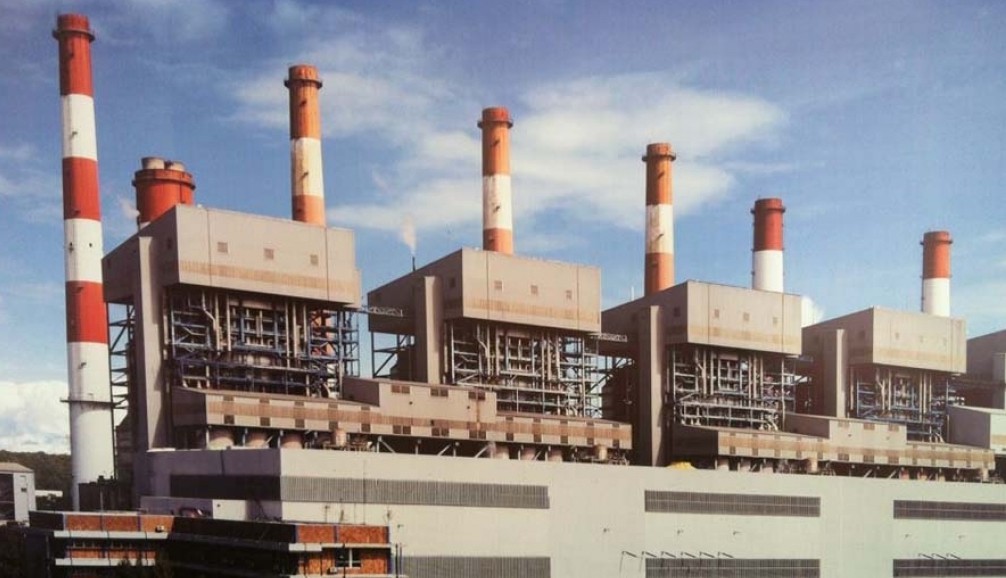President Htin Kyaw on Friday formed a new commission to evaluate all proposed hydropower projects on the Irrawaddy River prior to their going ahead.
The committee formation comes a week before State Counselor Aung San Suu Kyi’s trip to China as Burma’s foreign minister.
Since the installation of the National League for Democracy (NLD) government in April, China has been lobbying for the resumption of the multi-billion dollar Myitsone Dam, which was being constructed with Chinese backing just downriver of the confluence that forms the Irrawaddy, in Kachin State, prior to a government suspension order in 2011.


